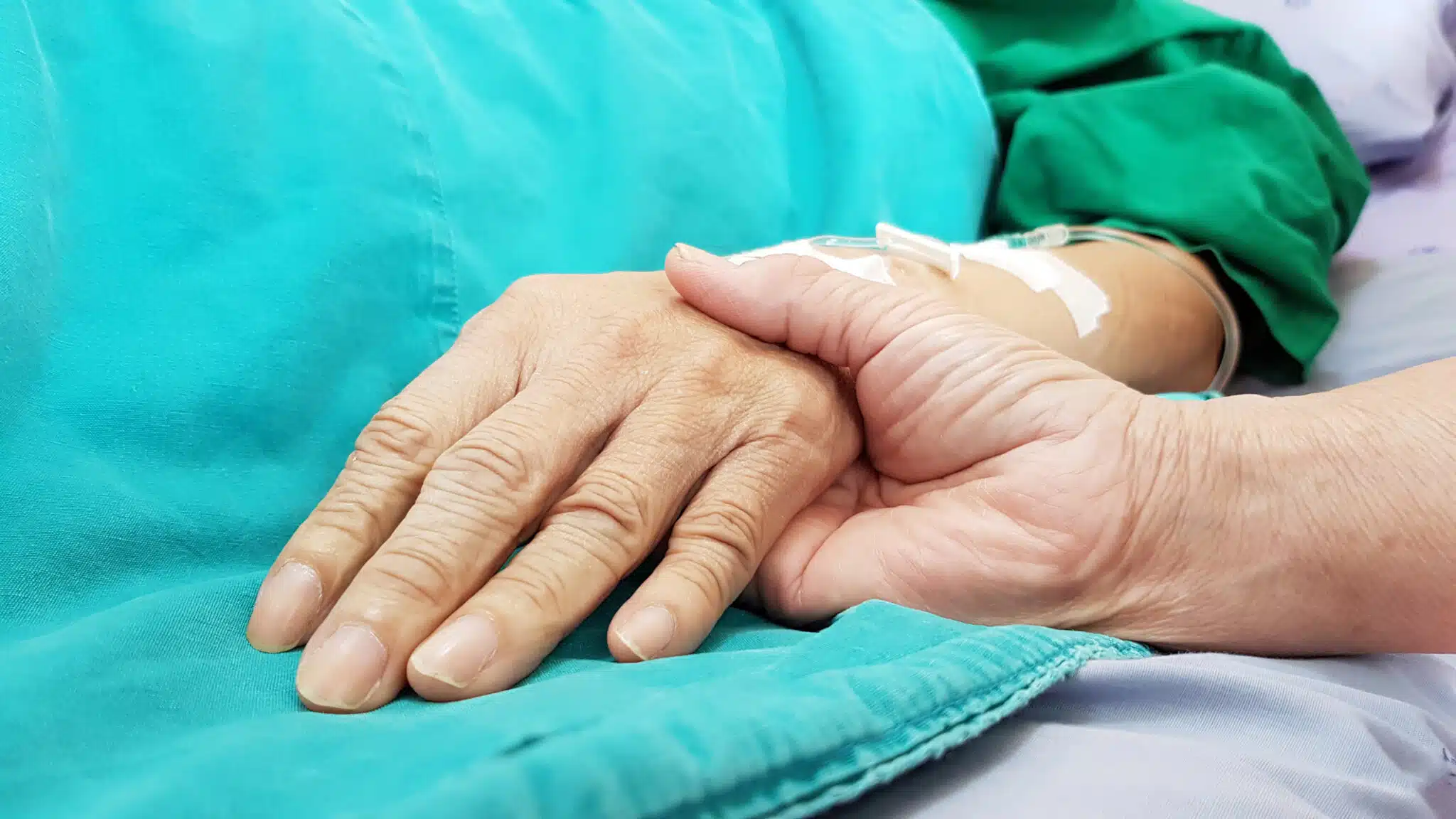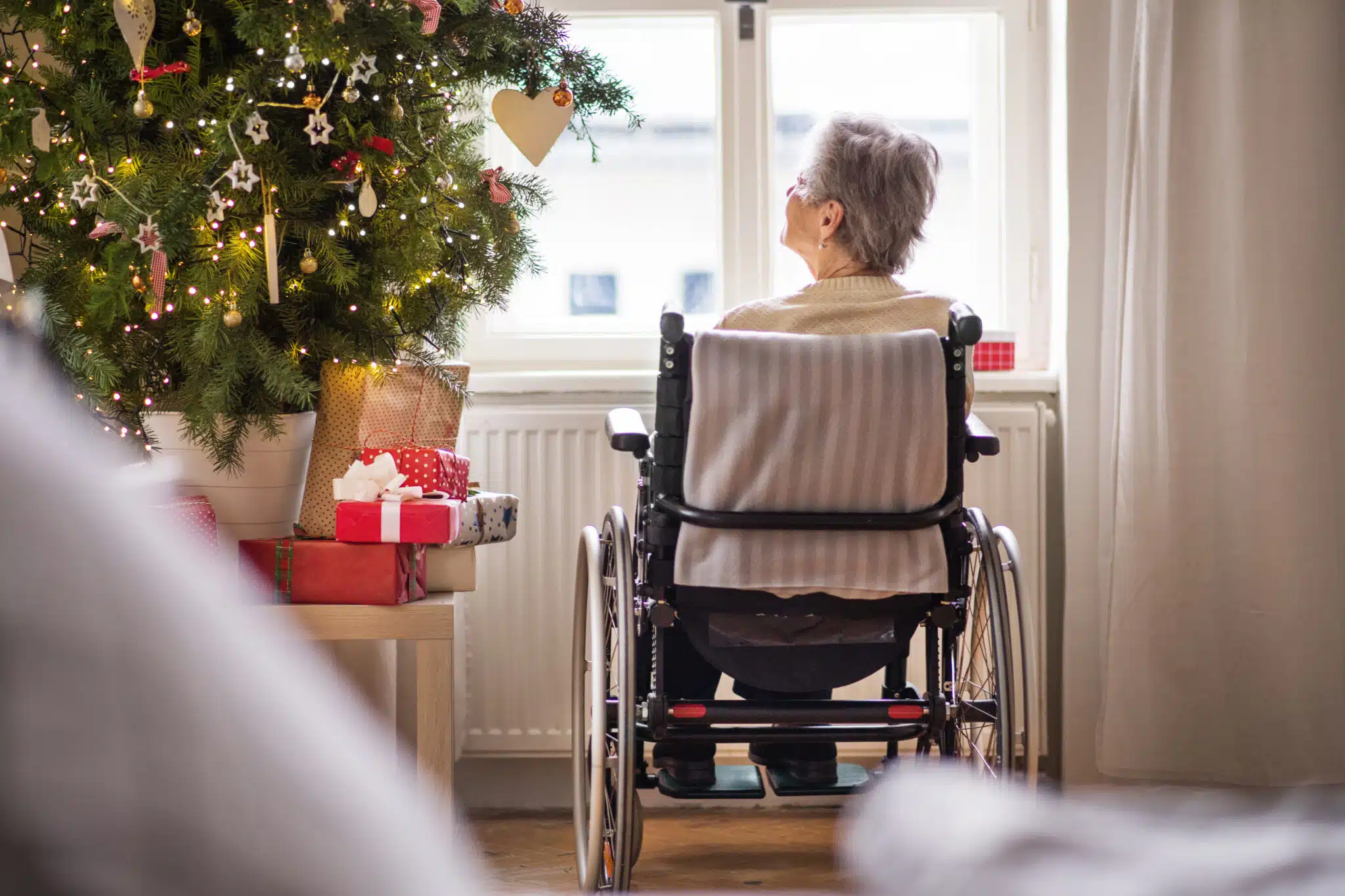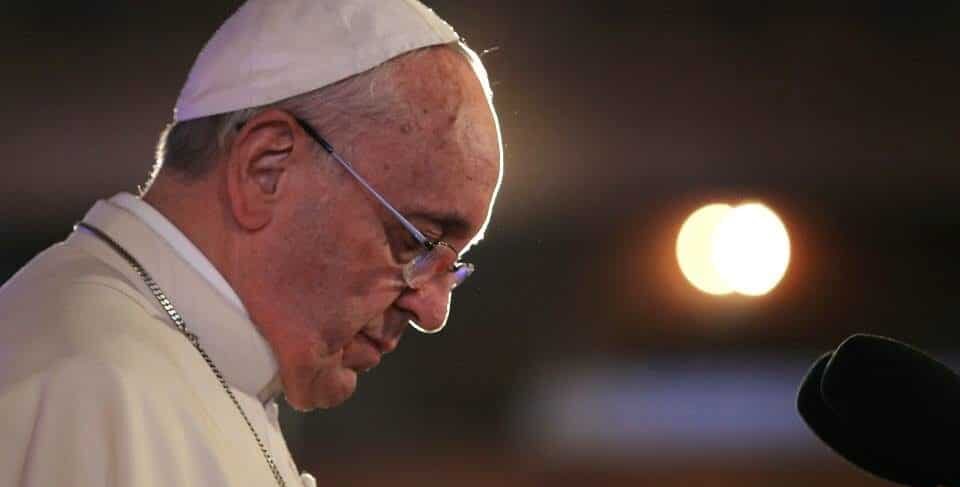Canada MAID Mental Illness Expansion Delayed

Canada has delayed the impending change to their euthanasia laws that would have expanded euthanasia to those whose sole underlying condition is a mental illness. We recently reported that this expansion was set to take effect in March of 2024 after being delayed from March of 2023. Last week, Canada delayed the expansion once again until 2027.
The news comes as a shock for pro-euthanasia activists, but for pro-lifers, it’s a small step towards protecting individuals from the risk of dying prematurely through assisted suicide.
And yet, despite this delay in expanding euthanasia (referred to in Canada as “MAID”, which stands for “medical assistance in dying”), Canada already has staggeringly high rates of euthanasia. In 2022, Canadian euthanasia increased by 31.2% from the previous year, and euthanasia accounted for 4.1% of all Canadian deaths in 2021.
Amanda Achtman, founder of the Dying to Meet You project, shared with us some of her experiences working to prevent euthanasia and spread hope. She does this through writing, speaking, traveling, producing videos, and organizing community events in order to spark a deeper cultural conversation on suffering, death, meaning, and hope. Beyond her home country, she also warns other countries not to follow Canada’s path in this regard. “Everyone deserves suicide prevention rather than suicide facilitation,” she says. With a smile, she recalls how when speaking to an audience of the elderly, she sees a twinkle in their eyes as they finally feel understood and – most importantly – loved and worthy. One man, when asked by Amanda why he keeps on living, said, “If I didn’t live today, I wouldn’t have met you.”
She went on to say, “Euthanasia is a declaration of failure – not on the part of the person requesting it, but the failure of a society that has nothing better to offer.” Indeed, a mere 30% of Canadians have access to adequate palliative care. Amanda explained, “So many people lack access to adequate palliative care, chronic pain management, mental healthcare, and support for living with disabilities. The request to die is not an expression of desire, but of disappointment.” Many choose euthanasia because they do not have access to palliative care, or because they think they won’t have access. This abysmal lack of palliative care speaks volumes on how much more Canada could be doing to care for its citizens instead of settling for death and choosing “money saved” over human beings. Settling for death, in turn, does not give society the opportunity to rise to the maturity that it is capable of. It is to the destruction of both society and the individual that we allow euthanasia, and we lose the wisdom of our elders.
Surprisingly, according to Health Canada’s Fourth Annual Report on MAID, the number one reason Canadians choose euthanasia is not due to physical suffering, but the “loss of ability to engage in meaningful life activities.” As of 2022, the number of Canadians killed by euthanasia since legalization in 2016 was an astounding 44,958. If the sense of meaning were to be restored to these individuals, how many would still be alive? Amanda comments, “Euthanasia seems to be more of an existential problem than a medical one.”
So, what can society do to help? What can the average person do to fight euthanasia and to restore a sense of meaning in the elderly and in the suffering? Amanda takes great inspiration from Pope Francis’ Catechesis on Old Age. This is an 18-part series of Wednesday audiences that Pope Francis gave throughout 2022 on the meaning and value of old age, using biblical figures as role models to foster relationships across generations. Pope Francis emphasized, “The alliance — I am saying alliance — the alliance between the elderly and children will save the human family. There is a future where children, where young people speak with the elderly. If this dialogue does not take place between the elderly and the young, the future cannot be clearly seen. The alliance between the elderly and children will save the human family.”
In this spirit, Amanda encourages everyone to have an expansive vision of family. Have a preferential option for the lonely and isolated, spend time with them, bring flowers to cheer them up, and take caregivers out for lunch. The young should ask themselves, “How can I restore enthusiasm for the old?” For the elderly, remind the young that they are truly a blessing. Take inspiration from Jesus’ life, where small moments made all the difference – a simple look, a touch, or a word saved another’s life and soul.
She further explains how euthanasia and self-harm are related, as they both signal a desire to impose control in an out-of-control situation. Thus, we must ponder how to find noble and appropriate forms of order. She challenges the individual to put their desire for control into care for others, to show them that it is truly good that they exist, and their life is invaluable and indispensable.
As the MAID expansion is once again delayed, it is imperative that we step up as a society to reaffirm the meaning and worth of all lives and to care for those suffering and alone so that there is never again a desire for euthanasia. Let us work and pray that euthanasia laws everywhere become obsolete as we build a culture of life and help others see the truth, that they are worthy, unrepeatable, and irreplaceable.
As Pope Francis stated in his Catechesis on Old Age: “Old age is the phase in life best suited to spreading the joyful news that life is the initiation to a definitive fulfilment. The elderly are a promise, a witness of promise. And the best is yet to come. The best is yet to come: it is like the message of elderly believers, the best is yet to come.”
Join Amanda as she explores Pope Francis’ Catechesis on Old Age and the dignity of the elderly here!




